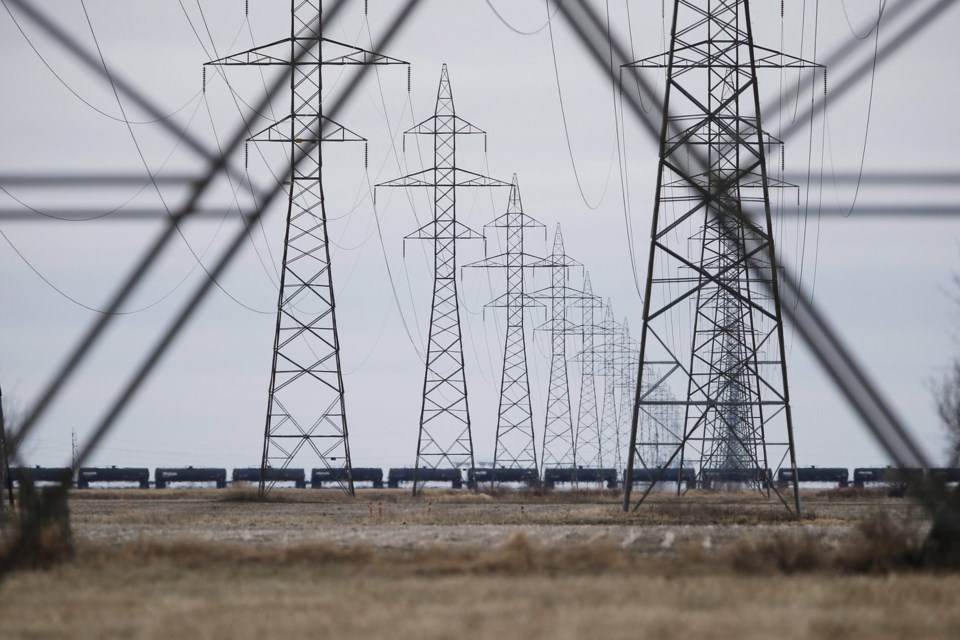WINNIPEG — Manitoba hydroelectricity rates must remain affordable, partly in order to help people switch from other fuels and protect the environment, Premier Wab Kinew said Monday.
Kinew was asked for his thoughts on a new opinion poll commissioned by Crown-owned Manitoba Hydro. The survey cites aging infrastructure and gauges people's reactions to a number of scenarios, including higher electricity rates that would work out to an extra $9 a month for the average residential customer.
"The most important thing when it comes to electricity rates in Manitoba is keeping it affordable," Kinew said, without getting into any specific numbers.
"If we want to make investments in a low-carbon future, if we want to have climate-change mitigation, the way that we're going to do that is by making it affordable for the average person to be able to make that switch in the future."
Kinew's NDP government promised a one-year rate freeze on electricity in the last election, and Manitoba Hydro has said it will ask provincial regulators to keep rates frozen this year. The utility has yet to reveal what it will seek for 2026 and beyond.
Manitoba Hydro has repeatedly said it needs money to maintain and upgrade infrastructure. Jay Grewal, a former chief executive officer who was let go a year ago, warned that new generating capacity could be needed as early as 2029.
Manitoba Hydro saw its debt triple in 15 years as two megaprojects ran a combined $3.7 billion over budget. More recently, expected annual surpluses have turned into losses, partly due to dry weather and reduced water levels.
The Opposition Progressive Conservatives said Monday the utility is deep in debt and a rate freeze this year may only make things worse.
"A rate freeze today will mean rate shock tomorrow, and this poll is an indication of that coming for Manitobans," Tory hydro critic Lauren Stone said.
Manitoba Hydro said the poll is simply taking the pulse of the public and does not outline any firm plans.
Another question the poll asks is whether people might switch their use of large appliances to evenings or weekends, if it means saving money on monthly electrical bills.
Some other provinces already have such a system, often called time-of-use rates, where charges are higher during the day and lower at night.
This report by The Canadian Press was first published Feb. 10, 2025.
Steve Lambert, The Canadian Press


